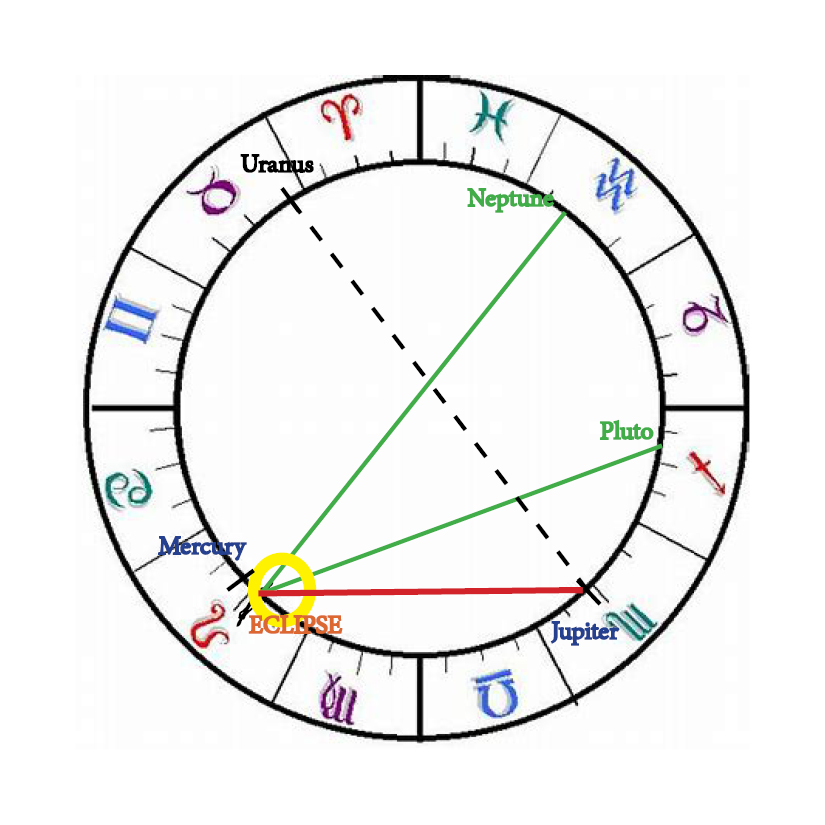wao, i like this so much, we must have a link to this page:
https://sites.google.com/site/etymologielatingrec/home/g/geometrie
French site. English: scroll down
Étymologie de géométrie
Du mot Grec “Géometria” (“γεωμετÏία ” [1]) signifiant “arpenteur”, celui
qui relève et détermine les terrains et limites des lopins de terre.
Mot composé de “Geo-me-tron” de “ge”, la terre “me”, la mesure, et “tron”, l’intrument.
Le “géométrès” (“γεωμÎÏ„Ïης [2]“) étant le géomètre ou celui qui est arpenteur.
Au moyen âge celui qui définit, est le “géométrien” [3] terme désignent alors le “géomètre” [4] et, moins théorique, le verbe “arpenter” [5] est le propre de celui qui “marche en travers”, “avançant à grand pas”, sachant que “l’arpentage” est celui qui est en charge de “la mesure faite d’un terroir, d’un héritage”.
Géométrie : “Géo-met-retos”, reporter la mesure de la terre
Ce mot, initialement “Géo-met-retos” désigne la façon de reporter et faire savoir la mesure de la terre.
En effet, en grec le mot Gé (“γη”[6]) désigne la terre, le pays, la contrée qui est la contraction de “géa” (“γεα”) racine de “ga” (“γα”) qui signifie engendrer.
Si “Gé” (Γῆ ), la terre, désigne notre planète bleue ce même mot désigne surtout cette terre qui génère.
Le mot “a-geo-métrètos” outre le préfixe “a” privatif, est d’abord “géo-métretos” ou plus exactement “geo-met-retos”.
En langage Indi “gyaa-miti” signifie “mesurer la terre” et “trikon-miti” signifie mesurer les formes triangulaires.
Le Sanskrit, langue qui produit les traités de mathématiques comme le Shunya (-4e siècle) et le Chand Sutra (2e siècle de notre ère), utilise le radical “mimıte”, (signifiant, mesurer, mettre en ordre) et “mati” [7]et ses paradigmes dont “miyate” qui donnera le grec “met-ron” (et plus tard le latin “mensura”, “metor”, mesurer).
Le dictionnaire Sanskrit de Gerard Huet indique deux sens pour le radical “ma” [8] :
-1 : “mesurer” “délimiter”, qui donnera le grec “metron” et le latin
“mensura”,”metor” ;
-2 : “troquer”, “échanger”.
Le dictionnaire Sanskrit Anglais ([9]) donne le radical “ma”, comme signifiant “mesurer”, “assigner” et “mimite”[10], “mesurer en comparant”, “estimer”.
Le “metron” grec et latin
Le mot “metron” grec est composé de “me” qui signifie “le savoir reporter”, et du suffixe grec “tron([11])” qui désigne un dispositif, un instrument, un appareillage [12])
Etymology of geometry
From the Greek word “Géometria” (“γεωμετÏία” [1]) meaning “surveyor”, the one who records and determines the land and boundaries of plots of land.
A word composed of “Geo-me-tron” from “ge”, the earth “me”, the measure, and “tron”, the instrument. The “geometrician” (“γεωμÎÏ„Ïης [2]“) being the surveyor or one who is a surveyor.
In the Middle Ages, the one who defines is the “geometrician” [3], a term used to describe the “geometer” [4] and, less theoretically, the verb “survey” [5] is the characteristic of one who “walks across”, “advancing with great strides”, knowing that “surveying” is the one who is in charge of “the measurement made of a terroir, of an inheritance”.
Geometry: “Geo-met-retos”, reporting the measurement of the earth
This word, originally “Geo-met-retos” refers to the way of reporting and making known the measurement of the earth.
Indeed, in Greek the word Gé (“γη”[6]) designates the land, the country, the country which is the contraction of “géa” (“γεα”) root of “ga” (“γα”) which means to beget.
If “Gé” (Γῆ ), the earth, designates our blue planet, this same word designates above all this earth that generates.
The word “a-geo-métrètos” in addition to the private prefix “a”, is first of all “géo-métretos” or more precisely “geo-met-retos”.
In the Indi language, “gyaa-miti” means “to measure the earth” and “trikon-miti” means to measure triangular shapes.
Sanskrit, the language that produces mathematical treatises such as the Shunya (4th century BC) and the Chand Sutra (2nd century AD), uses the radical “mimıte”, (meaning, to measure, to put in order) and “mati” [7] and its paradigms including “miyate” which gave the Greek “met-ron” (and later the Latin “mensura”, “metor”, to measure).
Gérard Huet’s Sanskrit dictionary indicates two meanings for the stem “ma” [8]: -1: “to measure”, “to delimit”, which will give the Greek “metron” and the Latin “mensura”, “metor”;-2: “to barter”, “to exchange”.
The English Sanskrit dictionary ([9]) gives the stem “ma”, as meaning “to measure”, “assign” and “mimite”[10], “to measure by comparing”, “to estimate”.
The Greek and Latin “metron”
The Greek word “metron” is composed of “me” which means “the ability to report”, and the Greek suffix “tron([11])” which designates a device, an instrument, an apparatus [12])




